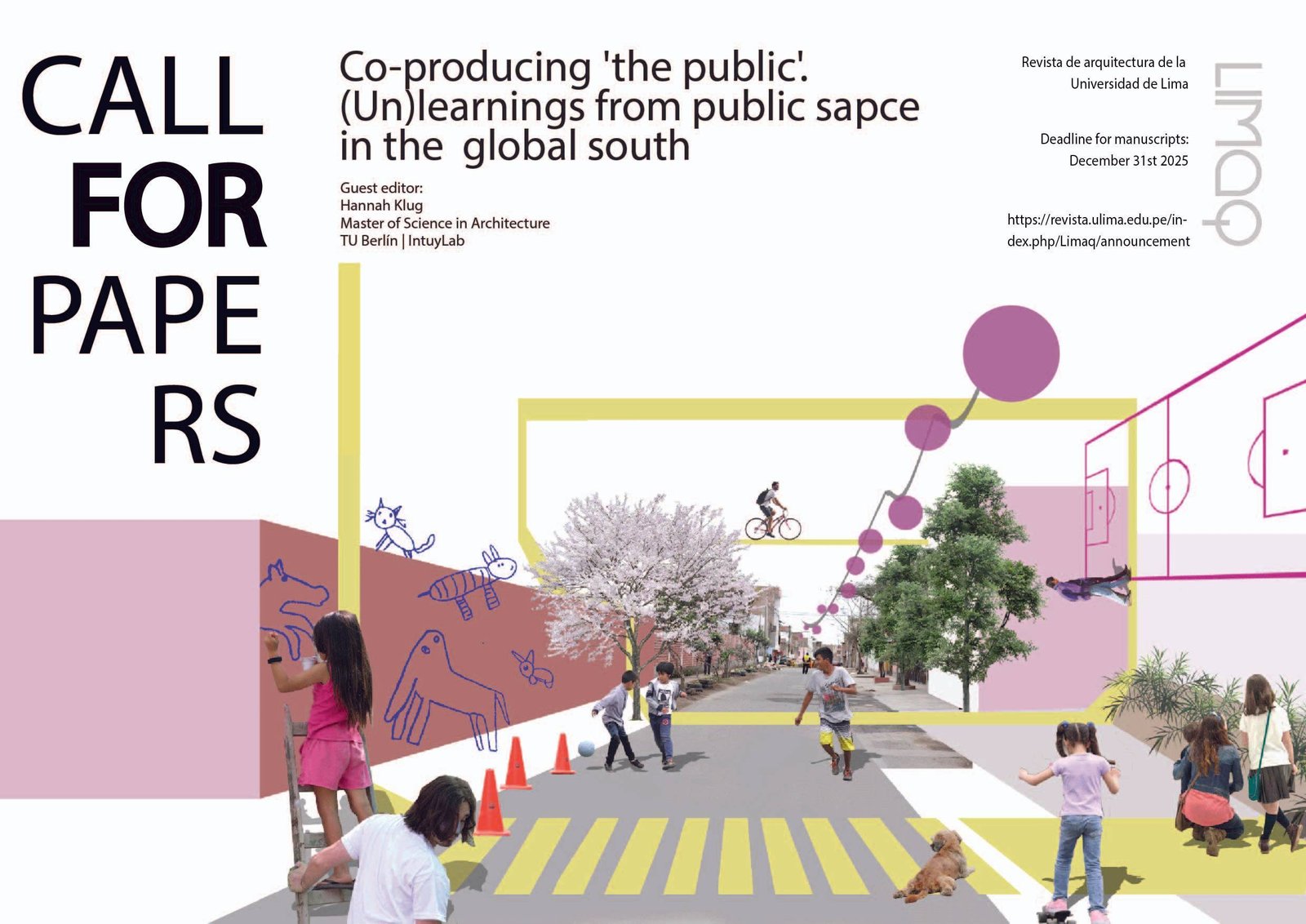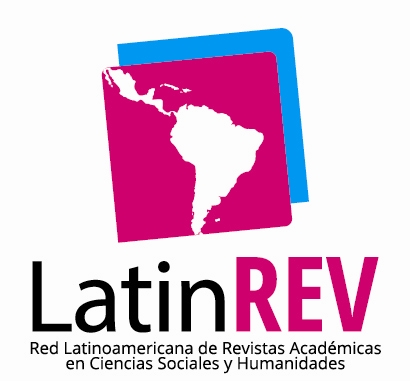Call for papers "CO-PRODUCING 'THE PUBLIC'. (UN)LEARNINGS FROM PUBLIC SPACE IN THE GLOBAL SOUTH"
 Deadline December 31st 2025
Deadline December 31st 2025
Limaq No. 18
Thematic Section: "Co-Producing 'the Public' – (Un)Learning Public Space in the Global South"
Guest Editor: Hannah Klug
TU-Berlin / IntuyLab
According to sociologist Jürgen Habermas (1990), the term public encompasses all manifestations of human existence that hold shared relevance and are therefore subject to processes of negotiation and social regulation. From this perspective, public space emerges as a stage where meaningful encounters take place, interests are negotiated, and conflicts are managed.
Since Henri Lefebvre (1968) called for collective struggle over public spaces, the topic has gained recurrent presence in both urban planning practice and academic discourse—not only in the Global North but also in the Global South, where the notion of the public remains a concept in the making. It continues to be shaped by a legacy of colonial domination, repression, and military and political conflicts. In this context, public spaces have played a crucial role as platforms for resistance, negotiation, and social transformation.
Urban informality, a defining characteristic of cities in the Global South, also plays a central role in the construction and experience of the public sphere. While often associated with disorder and a sense of insecurity in public spaces, informality—without romanticizing it—also fosters innovative dynamics. It activates public space through community-based placemaking practices, generating collective gathering places that significantly contribute to the everyday creation of the public.
In this context, there is an urgent need to explore and collectively redefine the meaning of the public and public space from a Global South perspective. We propose recognizing public spaces as resources and platforms for collaborative learning, where society is shaped, citizenship is strengthened, critical knowledge is co-produced, and a sense of community is developed. These spaces help reinforce local identity, preserve collective memory, and build a form of citizenship that balances collective and individual dimensions.
These processes of co-learning and co-production evolve constantly, unpredictably, and spontaneously (McFarlane, 2011). Yet they raise essential questions: Under what conditions does public space become a regenerative site of collective learning? What kinds of knowledge are co-produced in these spaces? And which of these knowledges help us redefine our understanding of public space?
This call invites us to rethink our cities, neighborhoods, and communities in the Global South as resources for collaborative learning, where multiple knowledges are co-produced to guide us toward a new definition of public space. It targets those who work with and research the city and public space in the Global South and are interested in participating in a collective reflection grounded in lived experience.
We welcome research articles that look to the past in order to question and deconstruct the present, that reflect on the concept through theory, design, and the exploration of spatial and everyday dynamics. We are particularly interested in contributions that recognize and value the specificity of cities in the Global South in order to (re)write new perspectives on public space. Relevant topics include: citizenship-building dynamics; case studies of implementation and renewal projects; relationships with landscape and architecture; urban informality; the presence of the automobile; among others.

.jpg)












